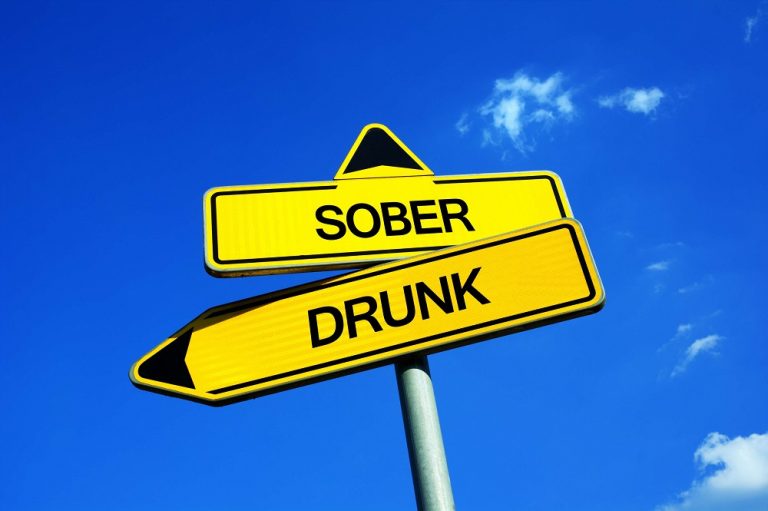In fact, between 35% and 70% of individuals who use alcohol have insomnia.3 It may seem surprising, considering that alcohol is a depressant, yet alcohol is known to interfere with fundamental aspects of sleep quality. There have been comparatively few studies of nonpharmacological sleep treatments in patients recovering from alcohol dependence. Greeff and Conradie131 assessed the benefits of PMR for improving subjective sleep quality in 22 male alcoholic inpatients who met DSM-III-R criteria for an insomnia disorder. Half of the participants received two weeks of daily relaxation training while the other half received no treatment. At post-treatment, the relaxation group reported better sleep quality than the control group on a 10-point rating scale. The study had several methodological limitations, including no screening for occult sleep disorders, poor outcome measure selection, and no active control group.
The Impact of Alcohol on Sleep: Why It’s Not a Good Idea to Rely on Alcohol as a Sleep Aid – Everyday Health
The Impact of Alcohol on Sleep: Why It’s Not a Good Idea to Rely on Alcohol as a Sleep Aid.
Posted: Wed, 13 Sep 2023 07:00:00 GMT [source]
In summary, the published longitudinal data indicate that multiple sleep and/or circadian characteristics prospectively predict alcohol-related outcomes during adolescence through young adulthood. However, the current literature is limited by overreliance on a relatively small number of longitudinal studies, largely relying on self-report measures, and insufficient consideration of the multidimensional nature of sleep. Important next steps include, but are https://ecosoberhouse.com/ not limited to, consideration of different timescales, including within the same study design, and examination of key mediators and moderators of sleep–alcohol associations. All in all, drinking could reduce the quality of sleep you get each night, even if it seems to help you fall asleep faster. This can leave you feeling like you have insomnia after drinking alcohol—and it’s why having a nightcap before bed might not be such a good idea after all.
Explore Sleep Foundation
The homeostatic mechanism is responsible for a build-up of the sleep drive with continued wakefulness through the day, whereas the circadian mechanism is responsible for maintenance of wakefulness and is influenced by zeitgebers such as ambient light and meal times. A mismatch between the normally synergistic circadian and homeostatic mechanisms may also lead to circadian rhythm sleep disorders. Drinking alcohol can affect the quality and length of your sleep, leading to sleep disorders — such as insomnia and sleep apnea — in some. Generally, even healthy alcohol consumption can lead to poor sleep quality.
Alcohol’s negative effects on sleep quality worsen after several nights of drinking. Likewise, long-term reliance on alcohol for sleep can contribute to an alcohol use disorder (AUD). Drinking a small amount of alcohol may help people fall asleep more quickly initially, but over time, individuals will need to consume more alcohol to achieve the same effect. Reducing your alcohol intake, especially in the hours leading up to your bedtime, can help you wake up well-rested and energized in the morning. In addition, since poor sleep can negatively affect one’s health, the benefits of a restful night go beyond feeling alert in the morning.
Why Can’t I Sleep After Drinking Alcohol?
This should give the body enough time to metabolize the alcohol and get it out of one’s system, allowing them to enjoy unaffected sleep,” explains Dr. Hsu. Sleep apnea is a common disorder that causes breathing to repeatedly stop and restart during sleep, affecting the amount of oxygen your body gets. Individuals with sleep apnea often snore, gasp for air while asleep and wake frequently throughout the night. You may wake feeling tired, groggy and not well rested—even if you seemingly slept the entire night.
It is to be noted that individuals in early recovery may overestimate their subjective SOL but underestimate their WASO, as compared to their PSG estimated indices (Conroy et al., 2006b). Alcohol has sedative properties that may help with sleep onset, allowing you to fall asleep alcohol causing insomnia faster. However, people who drink alcohol before bed often experience disruptions later in their sleep cycle. Although experts can’t be certain that alcohol directly causes insomnia, numerous studies have found a link between this sleep disorder and alcohol consumption.
The power behind your next best day
However, some of us can find it hard to sleep night after night, for months, or even years, which is classed as long-term insomnia. It is recommended that alcohol not be consumed in the last four hours before bedtime. Even though alcohol may help you fall asleep, it interferes with the quality of your sleep. If you drink alcohol at night and have trouble falling or staying asleep, you might wonder how long you should wait between your last drink and going to bed so your sleep isn’t impacted. These ideally should allow for comparison of distinct pathways within the same dataset and include not only the putative mechanisms described above (e.g., reward function, negative reinforcement, impulsivity) but also others that may well be worth consideration, such as hypothalamic-pituitary-adrenal axis function.


